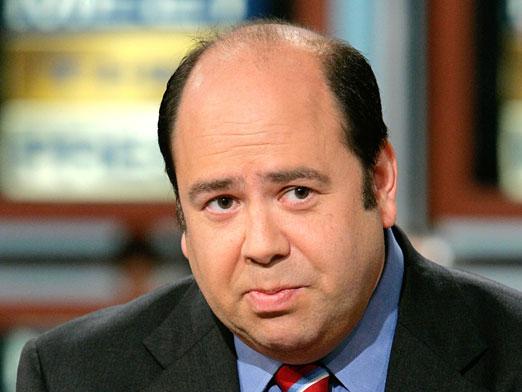More Questions About the Valerie Plame Affair
1. According to Newsweek, which quotes Rove’s lawyer, Rove signed a waiver authorizing reporters to testify about their conversations with him. Yet Cooper, who interviewed Rove for the article he coauthored, has refused to discuss his sources save for Libby, who previously waived his confidentiality agreement. Why won’t Cooper tell Fitzgerald what Rove told him?
2. Where are Joseph Wilson and his wife Valerie Plame in all this? Why hasn’t someone asked for their comments?
3. Time Inc. considers its employees’ reportorial notes company property. What’s the Times’s policy?
Addendum (7/5/2005): Scott Shane follows-up on question two with a 1,900-word article in today’s Times.
Addendum (7/6/2005): Tim Noah replies to Shane. Noah also compiles a hyperlinked timeline of Plame’s public appearances and quotes.
Addendum (7/8/2005): Slate’s Explainer columns answers question three:
Who owns a reporter’s notes? It’s a murky issue, and one that hasn’t been fully resolved in court. According to the work-for-hire doctrine prescribed by the federal copyright statute, the employer who paid for the production of a work is considered its owner. In general, any notes, tools, or other materials that were created in the process of producing that work also belong to the employer. Rules for freelancers are somewhat less clear and depend on the exact terms of the contract. Some freelance contracts state explicitly that an article is being produced as a “work for hire.”
Despite the rules laid out by the federal copyright statute, many individual newspapers have their own policies on reporters’ notes. The Wall Street Journal’s parent company declares that “any and all information and other material” obtained by its employees on the job is its exclusive property. A New York Times spokesman says reporters’ notes are their own, by long-standing convention.

 Comments
Comments